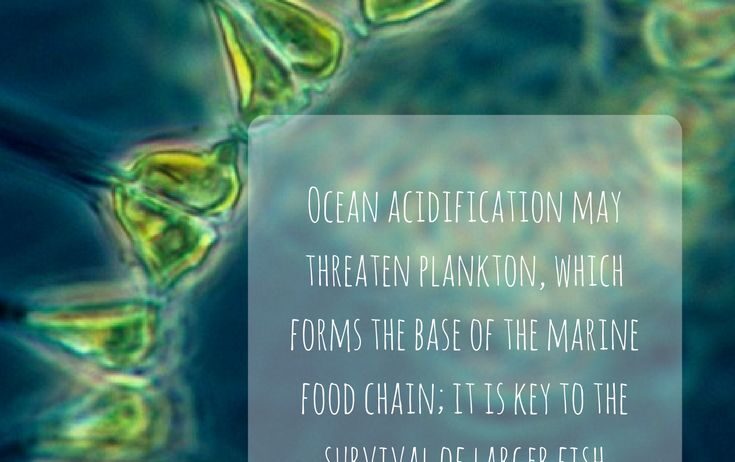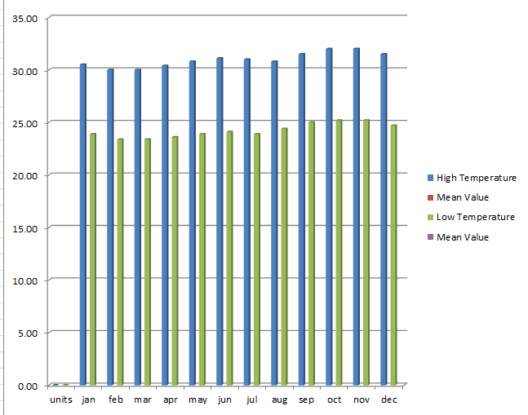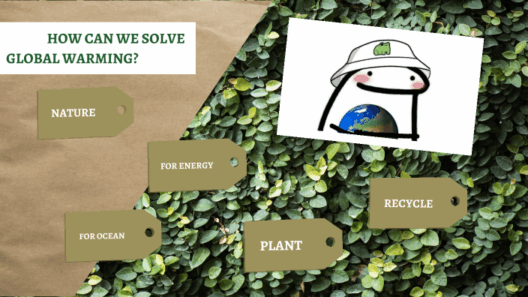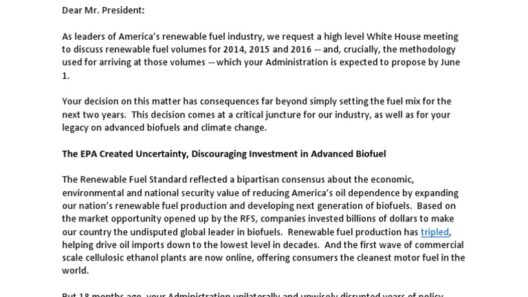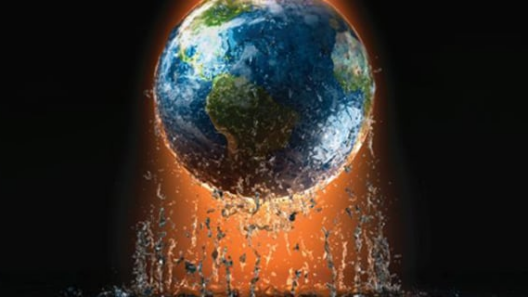In the vast, undulating expanse of the world’s oceans, a silent yet critical battle is unfolding. Beneath the surface and often out of sight, plankton, the diminutive organisms that serve as the foundational building blocks of marine ecosystems, confront an existential crisis. Warming waters and increasing acidification, consequences of climate change, imperil these tiny yet potent players. Understanding the plight of plankton is essential for comprehending the broader consequences of human activity on our planet’s health.
Plankton can be broadly categorized into phytoplankton, the photosynthetic organisms that harness sunlight, and zooplankton, the microscopic animals that feed on phytoplankton. Together, these organisms comprise the base of the marine food web, supporting everything from tiny fish to large whales. They play a pivotal role in biogeochemical cycles, particularly carbon fixation, whereby carbon dioxide is absorbed from the atmosphere and converted into organic matter through photosynthesis. This not only supports the marine food web but also acts as a significant mechanism in regulating global climate.
However, the daunting specter of climate change looms large over these crucial organisms. Rising ocean temperatures disrupt their reproductive cycles, geographic distribution, and overall abundance. For instance, warmer waters can lead to a phenomenon known as stratification, where lighter, warmer water sits atop denser, cooler water. This stratification inhibits the mixing of nutrient-rich waters from the depths, depriving phytoplankton of the essential nutrients they need to thrive. As temperatures soar, certain harmful algal blooms may proliferate, exacerbating the decline of normal plankton populations and releasing toxins that affect marine life and coastal communities alike.
While warming temperatures are alarming, the concurrent increase in ocean acidification is equally concerning. The oceans serve as a significant sink for atmospheric carbon dioxide. However, as more CO2 enters the seas, a chemical reaction ensues, leading to decreased pH levels. This shift in acidity, characterized by a phenomenon known as ocean acidification, poses a myriad of challenges for sensitive marine species. For plankton, particularly those with calcareous shells, such as certain types of coccolithophores, the effects are catastrophic. Acidic waters hinder their ability to form shells, threatening their survival and, consequently, the myriad of species dependent on them for sustenance.
The decline in plankton populations may initiate a domino effect throughout marine ecosystems. With fewer phytoplankton, primary production diminishes, leading to less food availability for zooplankton. As zooplankton become scarcer, species higher up the food chain face imminent food shortages. Fish populations, which rely heavily on planktonic resources, may decline, leading to repercussions for fisheries and the communities that depend on them for economic stability. Moreover, decreased fish populations can disturb the balance of marine ecosystems, which could lead to unexpected cascading effects, altering the very fabric of oceanic biodiversity.
One cannot overlook the role of plankton in the global carbon cycle. The relationship between plankton and climate regulation is intricate and profound. When phytoplankton flourish, they absorb vast amounts of carbon dioxide. When they die, a portion of this carbon is sequestered in deep ocean waters, potentially locking away these emissions for hundreds or even thousands of years. A significant decline in plankton populations may thus undermine this crucial service, aggravating climate change and accelerating the pace of warming.
The ramifications are far-reaching. Coastal communities that depend on marine resources for livelihood might face economic hardship. The disruption of marine food webs may lead to species migrations and changes in biodiversity. As species struggle to adapt, the implications for conservation and marine governance will necessitate urgent attention. We must re-evaluate our strategies to mitigate these impacts, addressing both climate change and ocean health collectively.
It is imperative to foster a renewed perspective on our relationship with the oceans and the organisms that inhabit them. Recognizing the critical role of plankton in maintaining ecological balance can serve as a catalyst for change. Conservation efforts must not only target larger, charismatic marine species but also emphasize the protection and restoration of plankton habitats. Efforts to curb carbon emissions, coupled with initiatives aimed at reducing nutrient runoff and pollution, can considerably mitigate the effects of warming and acidification.
Public awareness and education are paramount. Understanding the importance of plankton can drive grassroots initiatives aimed at preserving marine environments. As advocacy for legislative changes reforms funding for marine research, individuals can empower local communities to protect their coastal waters. This can manifest in initiatives such as reducing plastic pollution, fostering sustainable fishing practices, and enhancing coastal management strategies. Our ocean’s health is inextricably linked to the resilience of plankton, making their conservation a global imperative.
In conclusion, the plight of plankton serves as both an alarm and an opportunity. Alarm, because the threats of ocean warming and acidification are urgent challenges that require immediate action. Opportunity, as their story can galvanize collective action, inspire innovation, and spur a reevaluation of our environmental stewardship. Protecting plankton not only sustains the marine food web but also fortifies the very mechanisms that regulate our climate. Together, we can ensure a future where oceans thrive, teeming with life, from the tiniest plankton to the giants of the deep.



